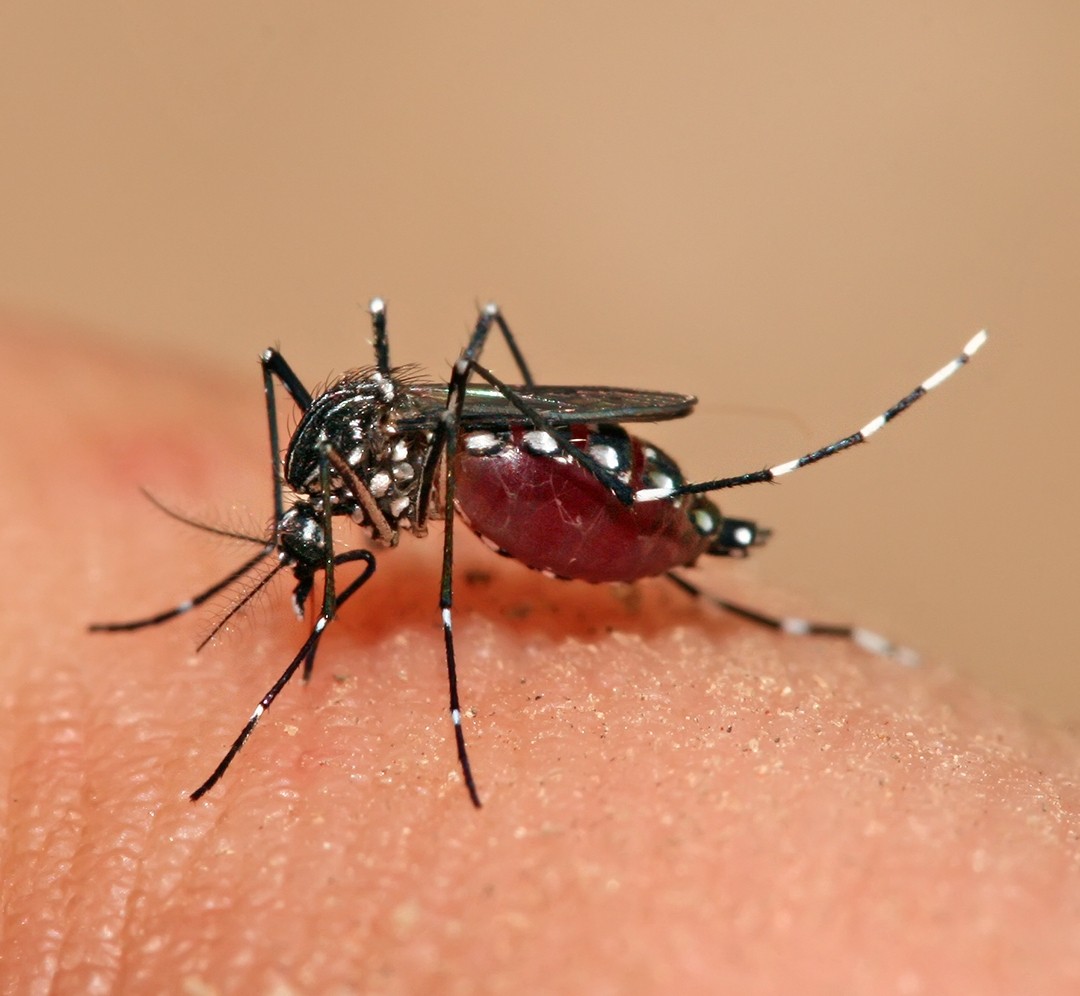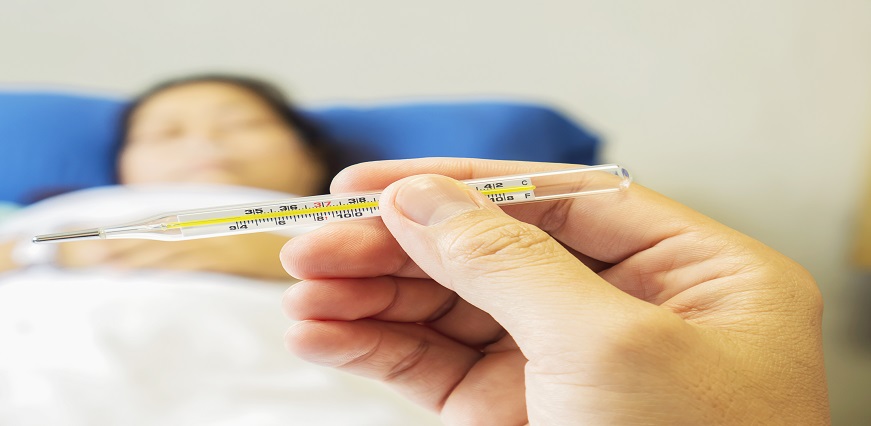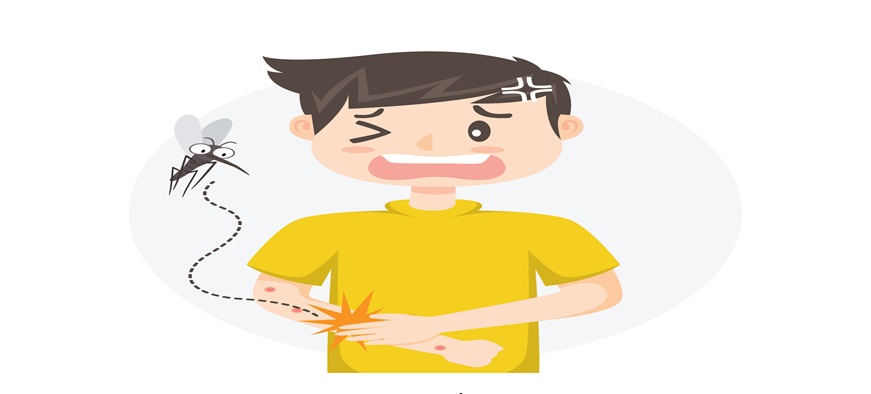





No lab centers are available in this city

Max Lab
Aug 29, 2022
Chikungunya is an arthropod-borne infectious disease caused by the chikungunya virus, which is transmitted to humans when infected Aedes aegypti and A. albopictus mosquitoes bite a person. This disease is spread by the female species of these two types of mosquitoes. They are usually found in domestic areas and bite during the day. The disease was first discovered in the 1950s in Tanzania. If a person has chikungunya fever, then it is commonly seen that they find difficulty in walking straight. This is due to the fact that the virus causes joint and muscle pain that makes it difficult for the person to walk straight.
Chikungunya is a concerning disease for pregnant women as there is a slight chance of transmission of the disease to the newborn baby or babies around the birth time. Women can be affected by the CHIKV virus at different stages of pregnancy. The effect of chikungunya in pregnancy can alter its course. There are several reports that show that if a pregnant woman is infected by this virus before 16 weeks of gestation, then it can severely affect the birth of the child. It can also lead to a miscarriage. However, the chances of such a mishap occurring are very low.
Other than this, if a woman is affected by the chikungunya virus during the third trimester of pregnancy, it increases the chances of developing long-term sequelae and sepsis that require extensive care. According to reports, around 15.5% of women during gestation were infected by neonatal CHIKV infection.
Furthermore, newborn babies are at a higher risk of suffering a severe form of chikungunya infection. Most newborn babies do not show any clear symptoms of this disease. However, the symptoms become evident 3–5 days after delivery.
Chikungunya symptoms show up usually around 3-7 days after a person has been bitten by the infection causing mosquitoes. Some of the most common symptoms of this disease are:
Chikungunya is not a life-threatening disease but it can have long-term repercussions if it advances to a more severe level. The person who has suffered from this disease may develop arthritis in long term.
Patients with a high risk of chikungunya infection are people with compromised immunity, such as elderly people. People with certain medical conditions such as diabetes, heart disease, or high blood pressure are also at higher risk. Furthermore, pregnant women and newborns are at a high risk of chikungunya infection.
Early stages of chikungunya infection can only be found by a PCR test as it is undetectable during the initial time (2–3 days). Usually, a doctor recommends a CHIKV-specific IgM test at the later stage of the infection to find out the progression of the disease.
In cases of chikungunya in kids, their IgG and IgM levels are monitored continuously after birth (usually for 3–4 weeks) as the infection can be transferred from mother to child during pregnancy. For children showing clear symptoms of chikungunya after birth, serological monitoring can help a lot in minimising the chances of long-term neurodevelopmental problems.
Chikungunya infection can be detected through Chikungunya PCR Test and Chikungunya IgM tests. Both of these tests can be booked from Max Lab’s official website. This does not cost much as all the tests at Max Lab are reasonably priced to make healthcare accessible to everyone. One can search for the nearest Max Lab centre near their locality or can schedule the test for home sample collection. A phlebotomist visits their home and takes the blood sample to the test centre. The entire process does not take much time. One can visit the Max Lab official website to download the test report and show it to the doctor.
Currently, there is no specific vaccine for chikungunya. So, the treatment of this disease is based on the symptoms. Generally, the patient recovers on their own in a week or two. The symptoms fade away with time. However, joint pain may require a longer time for recovery. A medical professional may recommend medicine for fever, joint pain, or chills depending upon the symptoms shown by the patient. Patients with chikungunya symptoms are usually advised to get plenty of rest, stay hydrated, and take the medication prescribed by their doctor.
In the case of chikungunya during pregnancy, antipyretics and analgesics are recommended to avoid adverse effects such as neurodevelopmental complications, miscarriage, and so on.
Prevention is the best cure for chikungunya. It is advised to avoid mosquito bites. Other than this, people with a high risk of chikungunya infection are advised to avoid travelling to places that have a high number of cases of this disease.

















Sign up takes less than 60 secs and gives you access to your offers, orders and lab tests.
Looks like you are not registered with us. Please Sign up to proceed
OTP will be sent to this number by SMS
We have successfully received your details. One of the agents will call you back soon.
 To reach our help desk call 9213188888
To reach our help desk call 9213188888
No Lab Centers are available in this city
Looks like you are not registered with us. Please Sign up to proceed
OTP will be sent to this number by SMS
Not Registered Yet? Signup now.Looks like you are not registered with us. Please Sign up to proceed





 7982100200
7982100200.png)
Comments